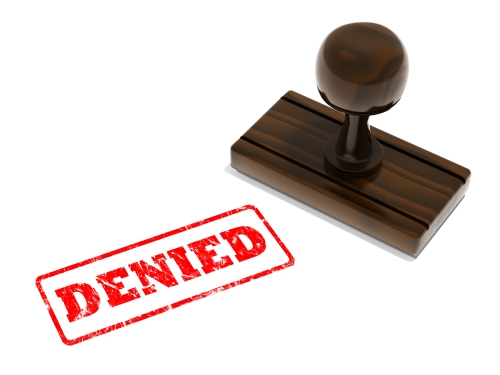SCOTUS (Unsurprisingly) Declines Invitation to Clarify Alice
“Ficep said that, since the High Court declined in Alice ‘to delimit the precise contours of the ‘abstract ideas’ category’…the ability to secure patents in the ‘useful arts’ has not just eroded but become a panel- dependent game of chance.’”
The U.S. Supreme Court on Monday, April 1, dismissed a petition asking the Court to revisit and clarify its seminal holding in Alice v. CLS Bank.
The petition stems from a 2023 U.S. Court of Appeals for the Federal Circuit (CAFC) ruling upholding a district court’s grant of summary judgment that certain claims of Ficep Corporation’s U.S. Patent 7,974,719 (’719 patent) were patent ineligible under 35 U.S.C. § 101. The ‘719 patent covers a method of manufacturing industrial steel. The Federal Circuit said that, at Alice step one, the claims were drawn to “the patent-ineligible abstract idea of extracting and transferring information from a design file to a manufacturing machine” and that, at Alice step two, contained no inventive concept beyond that abstract idea. The court thus agreed that the claims were patent ineligible and affirmed.
In its petition, Ficep said that, since the High Court declined in Alice “’to delimit the precise contours of the ‘abstract ideas’ category’…the ability to secure patents in the ‘useful arts’ has not just eroded but become a panel- dependent game of chance.” The petition emphasized the machine aspects of the invention and explained that the patent is directed to “a manufacturing line (‘at least one manufacturing machine’ for ‘manufactur[ing] the components’) (claim 7) and a corresponding process for manufacture requiring actual manufacture of a component (claim 1).”
The petition cited to Judge Paul Michel and John Battaglia’s April 2020 article on IPWatchdog highlighting the current panel-dependence of Section 101 at the Federal Circuit. It also noted recent U.S. government recommendations to review eligibility jurisprudence, and asked the Court to confirm that Diamond v. Diehr “unambiguously holds that incorporating a nonstatutory idea into a statutory process remains statutory/patent eligible.”
The respondent, Peddinghaus Corporation, rejected Ficep’s assertions, arguing that “the claims and specification of Petitioner’s patent make clear that it claims the abstract idea of identifying and extracting existing data from conventional design models, and transferring that data to conventional manufacturing machines—all of which the patent acknowledges were previously performed by human operators.” Peddinghaus also said there is no inconsistency between Diehr and the Federal Circuit’s application of Alice in the case.
Separately, Peddinghaus tried to invalidate Ficep’s patent at the Patent Trial and Appeal Board (PTAB) but the PTAB denied institution of the inter partes review (IPR) under 35 U.S.C. § 314 in 2021. The PTAB said Peddinghaus had not shown a reasonable likelihood of prevailing on any challenged claim, although one administrative patent judge dissented. A request for rehearing was also rejected by the Board in October 2021.
Image Source: Deposit Photos
Author: Rangizzz
Image ID: 4540592
Eileen McDermott
Eileen McDermott is the Editor-in-Chief of IPWatchdog.com. Eileen is a veteran IP and legal journalist, and no stranger to the intellectual property world, having held editorial and managerial positions at […see more]







